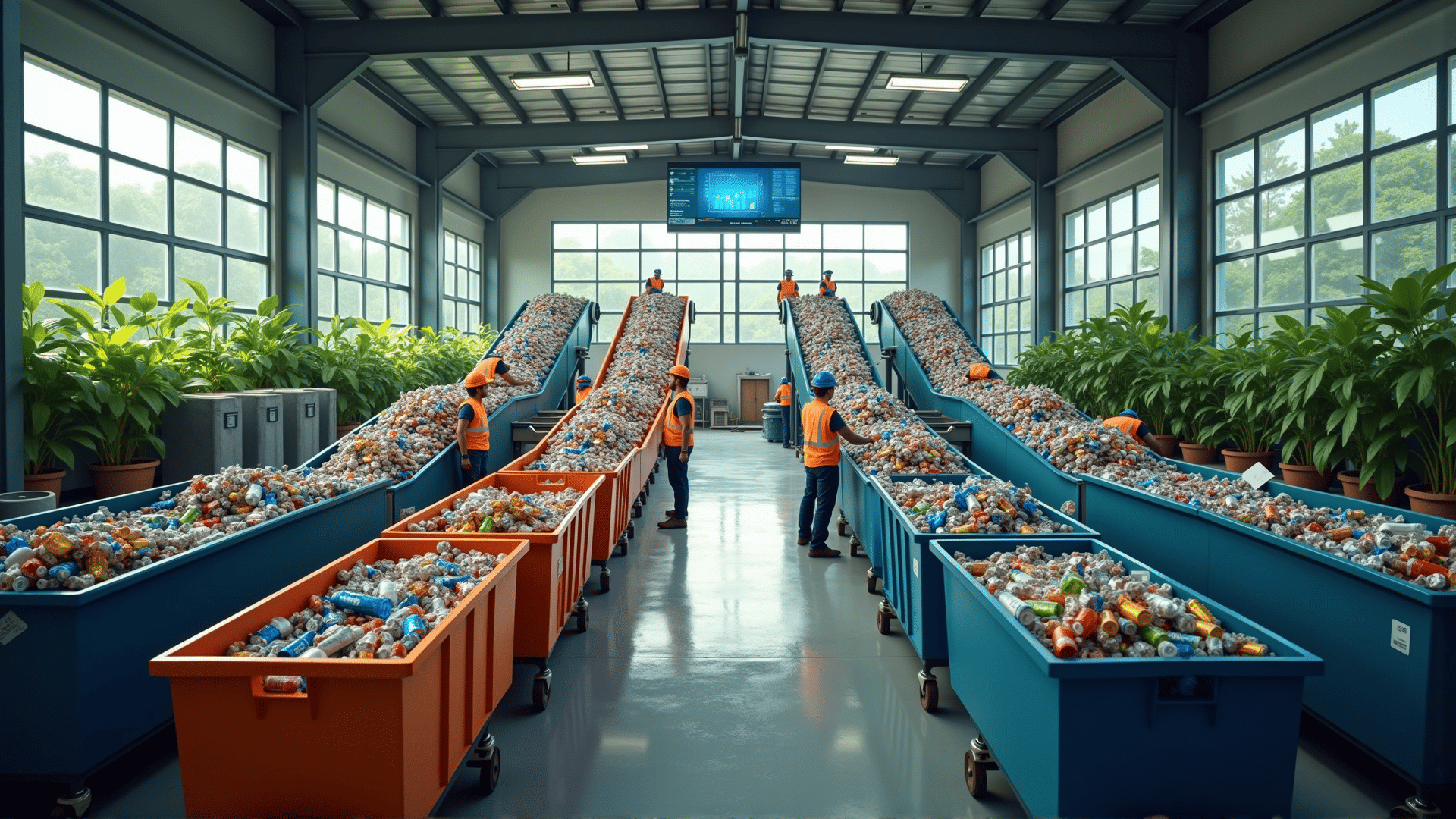The Philippines is taking significant strides toward sustainability by embracing innovative recycling solutions. As the world grapples with mounting waste challenges, there is an urgent need to adopt practices that not only address current issues but also anticipate future demands. In this context, the integration of advanced recycling technologies is proving to be a game changer for the Southeast Asian nation.
At the heart of these initiatives is an emphasis on utilizing state-of-the-art technology to transform waste into valuable resources. Enhanced methods of sorting, processing, and repurposing waste materials are being developed and implemented to increase efficiency and reduce the overall ecological footprint. These efforts are crucial for promoting environmental responsibility and fostering a culture of sustainability.
One such development is the deployment of automated waste sorting facilities that leverage AI and machine learning. These systems are adept at identifying and separating various types of recyclables with remarkable precision, ensuring a higher quality of material that can be reintroduced into the production cycle. This not only optimizes the recycling process but also maximizes the potential for reuse of materials that would otherwise end up in landfills.
Moreover, the Philippines is witnessing a rise in the application of chemical recycling techniques. Unlike traditional mechanical recycling, chemical methods break down plastics and other materials at the molecular level, allowing them to be reconstituted into new products without degrading quality. This innovation holds great promise for addressing the complexities associated with recycling certain plastics, often considered non-recyclable in conventional systems.
Community involvement and educational programs are also pivotal in these advanced recycling efforts. By raising awareness and encouraging public participation, communities are becoming active participants in the movement toward sustainable living. Educational initiatives focus on teaching the importance of recycling, proper sorting techniques, and the impact of waste on the environment. These programs aim to cultivate a mindset of responsibility and stewardship, starting from the grassroots level.
The collaboration between public and private sectors plays a key role in these recycling endeavors. By working together, stakeholders are pooling resources, knowledge, and expertise to push the boundaries of what's possible in waste management. Partnerships with international entities also facilitate the transfer of technology and best practices, further enhancing the Philippines' capabilities.
As these advanced recycling solutions take root, they set a precedent for environmental progress not only within the Philippines but also globally. It demonstrates that through innovation, collaboration, and community engagement, it is possible to create a more sustainable future. By continuing to support and expand these efforts, the Philippines is paving the way for a cleaner, greener world for generations to come.
